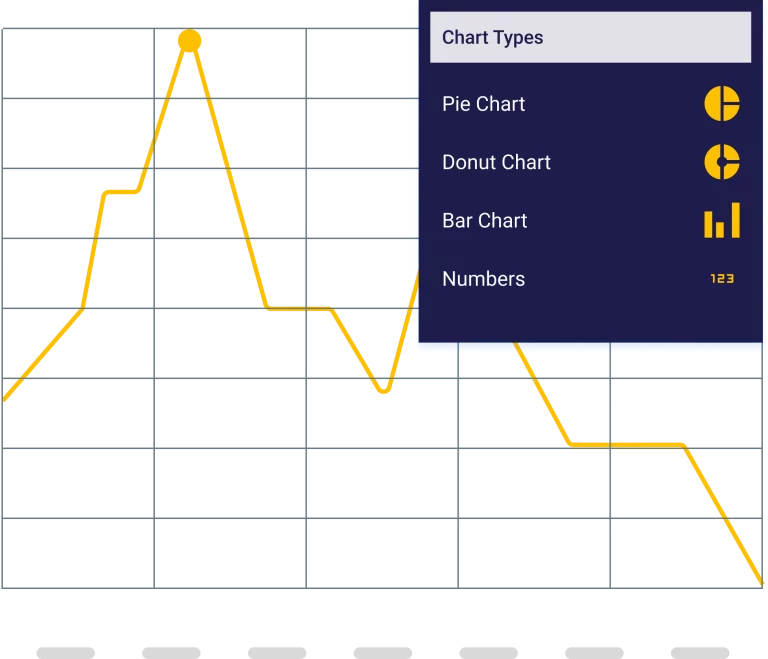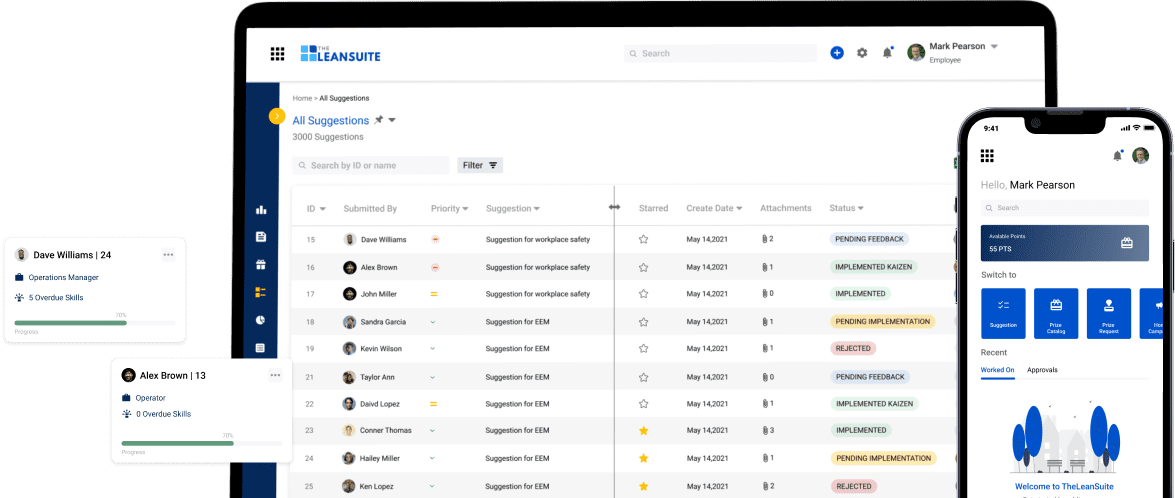Creating engaged and productive employees starts with fostering a system of appreciation and rewards in the workplace. Employee rewards are an important part of any company culture, regardless of the industry you work in. In this article, we briefly discuss the importance of rewarding your employees and list four top employee rewards you should offer.
Why is rewarding your employees important?
When you recognize and reward your employees for their work and contributions, this helps them feel appreciated and valued. What’s more, they are also more likely to react in a positive and productive way. In fact, research shows that employees who are recognized and rewarded for their efforts feel happier in general, have better relationships with co-workers, and are more open to constructive feedback. It’s also likely that you’ll see measurable financial returns as well. According to a study done by Aberdeen Group, they found that companies with some type of formal employee engagement program saw a 25 percent increase in year-over-year revenue.
What are four top employee rewards to offer?
There are many types of employee rewards that you can use to create an effective employee rewards program that your employees truly value and appreciate. However, two of the most common types of employee rewards that employers typically offer are monetary and non-monetary rewards. Below are four top employee rewards to offer.

1. Experiential rewards
One of the top employee rewards to offer nowadays is experiential rewards. According to a research done by Blueboard, experiential rewards have 3.8x more impact on the employee experience than any other type of reward, including cash and gift cards. This is because:
1. Experiential rewards give the gift of time to your people.
Employees spend a lot of their time at work. So, give them back some time to participate in an experience that gives them quality time to invest more deeply in something they already love, or to try something they’ve always wanted to.
2. Experiential rewards provides your employees with something more personalized to them.
You can either take the time to put together an ideal experience for your employees or you can give them a list of curated experiences to choose from. Either way, your employees are getting a reward that is truly tailored to their interests and lifestyle.
3. Experiential rewards gives employees the opportunity to achieve personal fulfillment and growth.
This is perhaps the most powerful aspect of experiential rewards. This is because part of what makes up a person’s identities are the experiences they go through. So, as an employer, if you play a role in helping people shape their own identities and sense of success, you will drive long-term loyalty and motivation.
2. Additional time off
Time is a priceless resource, and it’s one of the things you can never get back. So, why not offer some extra paid time off to your team as a reward for great work? Time off gives employees the chance to maintain their work-life balance and can very much increase motivation. What’s more, it can help with rising employee burnout and disconnection. However, employees don’t necessarily need paid time off either. In fact, most people say they’d take a lower paying job if it meant having more flexible working arrangements. For example, instead of commuting to work, they could stay at home and work remotely for a day or two. In short, rewarding your top performers with greater control over when and where they work is a cost-effective method of increasing employee happiness and building loyalty.
3. Cash bonuses
Cash bonuses are a classic way to reward and motivate employees. Therefore, making it one of the top employee rewards to offer. Salary, benefits, and even equity show employees how much they are valued in the talent marketplace. But bonuses help employees see how they are appreciated and valued by their current employer. Moreover, cash bonuses give employees the opportunity to make the purchases they want, not just the purchases they need. Whether it’s upgrading the TV, going on a shopping spree, or planning a family vacation, cash bonuses at the right time can provide a significant lifestyle upgrade or a major weight off the shoulders of employees.
4. Gift cards
While cash bonuses might seem like the top requested employee reward to offer, gift cards are actually more preferred by employees. As a matter of fact, research shows that at 90%, gift cards were requested 20% more than bonuses, which came in second at 72%. Why? Instead of money, which is included on their pay check and is often used to pay for bills or necessities, employees prefer an outside-of-work “treat”. So, when you give them a gift card, they can use it to buy something they might not normally have purchased. Therefore, making it feel more like a special gift. Gift cards can also be delivered instantly and publicly for more impact. Nearly half of employees (46 percent) surveyed in a report say they want to be publicly recognized at a company event. But, they also want to receive the reward quickly.





